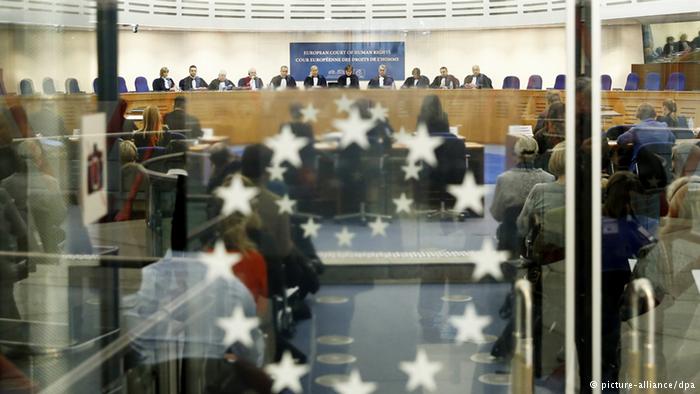The European Court of Human Rights in Strasbourg made a significant climate ruling

In the case Verein KlimaSeniorinnen Schweiz and Others v. Switzerland, the European Court of Human Rights, the top human-rights court in Europe based in Strasbourg, said the Swiss government had violated the European Convention on Human Rights by failing to meet the State’s climate targets.
This case against Switzerland concerned a complaint by four women and a Swiss association, Verein KlimaSeniorinnen Schweiz, whose members were concerned about the consequences of global warming on their living conditions and health. They argued that their health was at risk during heat waves related to global warming and that by not doing enough to mitigate warming, Switzerland’s government had violated their rights.
The Court found that heatwaves, caused by the greenhouse gas emissions that influence the climate worldwide, pose a “real risk” to health and quality of life of individuals, especially the elderly, thus breaching their right to private and family life (art. 8 or the European Convention on human rights). All industrialised countries share the responsibility to reduce greenhouse gas emissions, and each of them has obligations under the Paris Agreement. Therefore, associations that genuinely represent people at risk because of global warming are “victims” of a human rights violation and states cannot oppose that their climate policies depend on a sovereign choice beyond the scrutiny of a court. The Court considered the Swiss laws and implementing measures and concluded that they are not sufficient to “provide and effectively provide, and effectively apply in practice, effective protection of individuals within its jurisdiction from the adverse effects of climate change on their life” (§ 567).
This is a landmark ruling in which an international court has used for the first time human rights law to determine that governments were legally obligated to meet their climate goals.
This brave women’s lawsuit was the latest in a series of so far failed attempts to force governments in court to act against global warming and it could trigger a wave of similar lawsuits in European countries.
Other two similar complaints lodged respectively against France and Portugal were declared inadmissible for procedural reasons.

